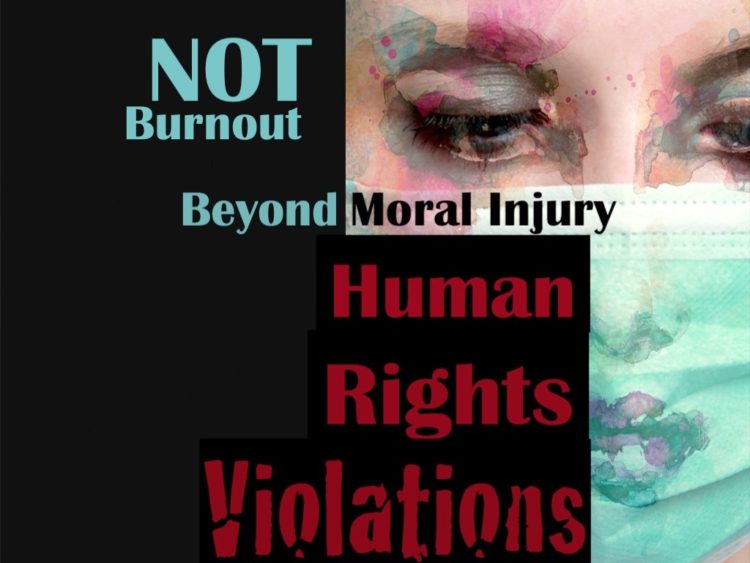I just moved to NYC (part-time two weeks each month) on January 1, 2020 to help physician residents who are struggling there and to continue to address the doctor suicide crisis and empower physicians and medical students nationwide. Thought I’d try a little stand-up comedy (just for a fun hobby—work-life balance, ya know!).
I still practice medicine in Eugene, Oregon, in an ideal clinic that was designed entirely by my patients. I offer 24/7 telemedicine, house calls, plus office visits in my new downtown office and, of course, I’ll see patients when and where it is most comfortable for them. I also continue to run a suicide helpline for doctors and spend much of my time addressing hazardous working conditions in medical institutions. I speak widely on the physician suicide crisis and love mentoring and inspiring the next generation of doctors.
I continue to be committed—through keynote addresses, commencement speeches, white papers, journal articles, TV news interviews, and now a little stand-up—to reaching a wider audience with the message of compassionate health care transformation.
Here’s a little peek into my personal experience during medical training on death row. . .
I went to med school in Texas. And Texas is #1 in executions! I attended a world-famous school. It’s the only med school in the world—inside a prison hospital. (I think they should’ve mentioned that when I applied). I show up. I’m 21 years old and my patients are rapists and serial killers. But here’s the upside, when it came to appointments all of them were there—on time
Another perk. My tuition was subsidized by the Texas Department of Criminal Justice, so my death row criminals, they paid for their crimes—and my education.
It was so bizarre that I was learning how to give rectal exams on murderers. Shocking actually. Prostate feels good. Cholesterol’s up. Wait, that could kill ya. It was crazy ordering heart-healthy meals for guys on death row. To graduate on time I had to keep them alive till we killed them.
To give you some perspective, I had just spent the last four years at Wellesley—an elite all women’s college, so I hadn’t been with men in like forever. Now I’m on the front line dealing with America’s most wanted—rectums. And I had the most wanted—finger. Imagine: I’m this idealistic, caring young lady—with my finger up the ass of a serial killer. Two big guards behind me. Kinda hot. Right? I’m thinking, “Isn’t this every woman’s fantasy?” Truly I was the most wanted by the most wanted.
So I was vegan at the time and very determined to help all my patients eat healthy. As you can imagine, it was really difficult to convince these guys to eat less meat and more vegetables. I mean these guys were real carnivores. A couple were cannibals. I’m talking kale smoothies. And they’re thinking I’d love to eat her elbow.
Death row health care—that’s an oxymoron. I deal with a lot of oxymorons and morons on Oxy.
In Oregon I’m licensed to perform physician-assisted suicides. In Texas physicians are able to perform physician-assisted homicides (Yes, they actually have physicians in the execution chambers in Texas! Crazy right?). So I feel really comfortable practicing in both Oregon & Texas because in both states I can legally kill you. (Unreal!)
I have so much more to share about my experience growing up as the child of two physician parents and so many other events that have shaped who I am and allowed me to be so innovative in my care of patients and my suffering colleagues. Many of those stories (including my ethical dilemmas practicing medicine as a student doctor on death row) can be found in my first book: Pet Goats & Pap Smears.
Stay tuned. More to come . . .
Want to talk? Contact Dr. Wible here.














